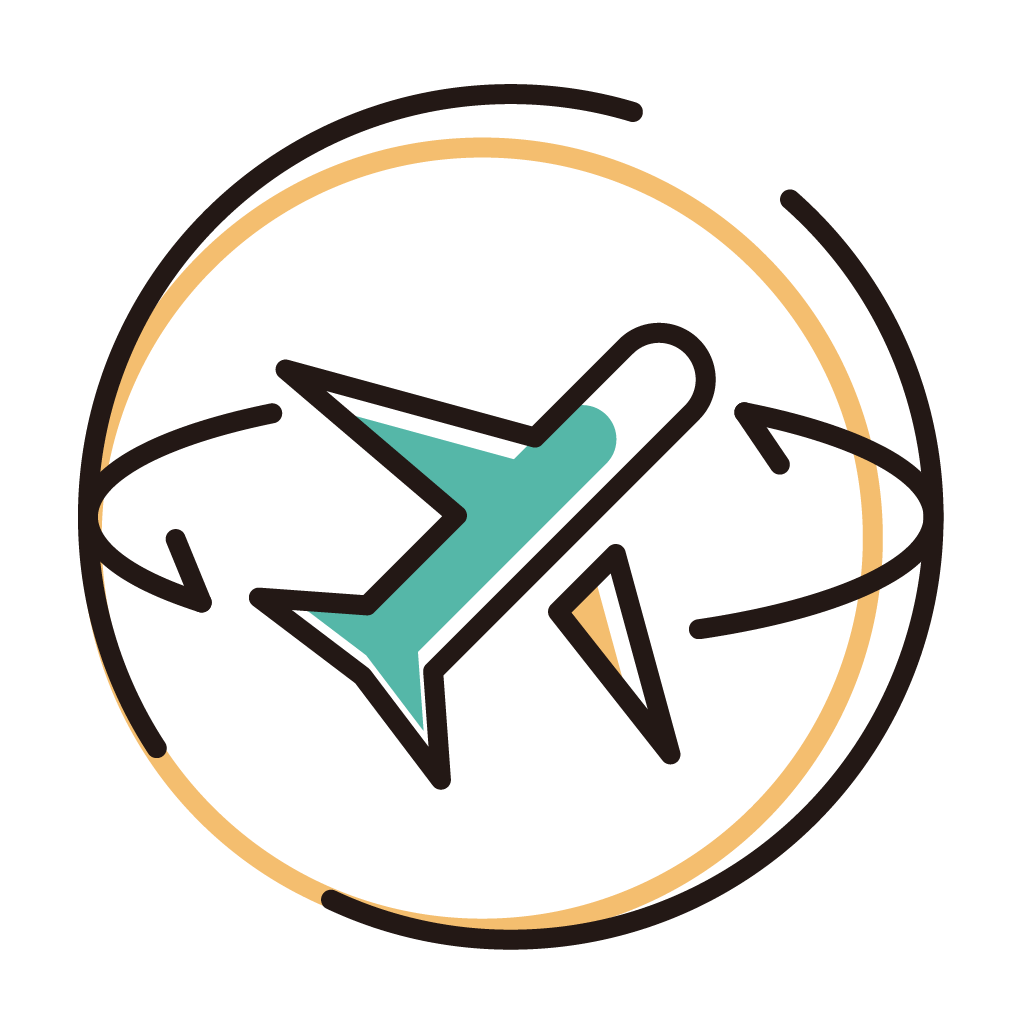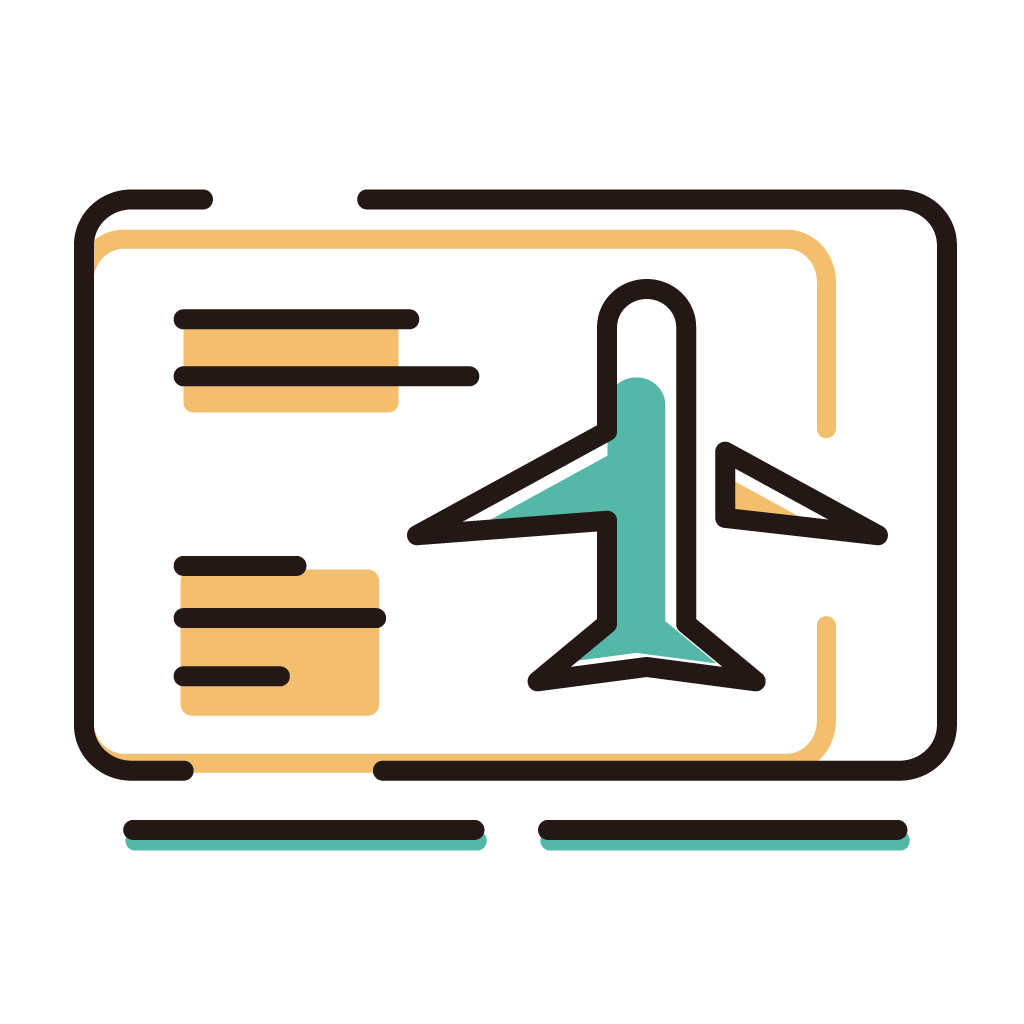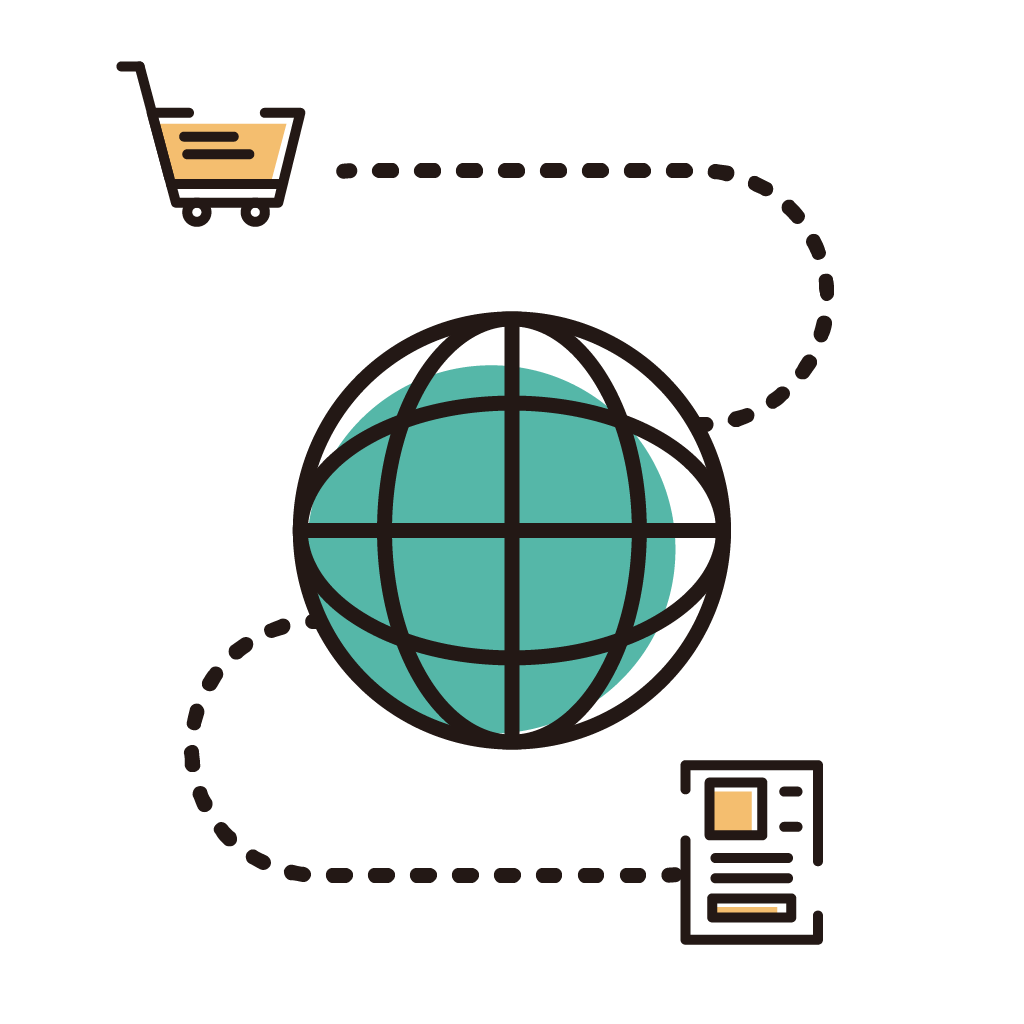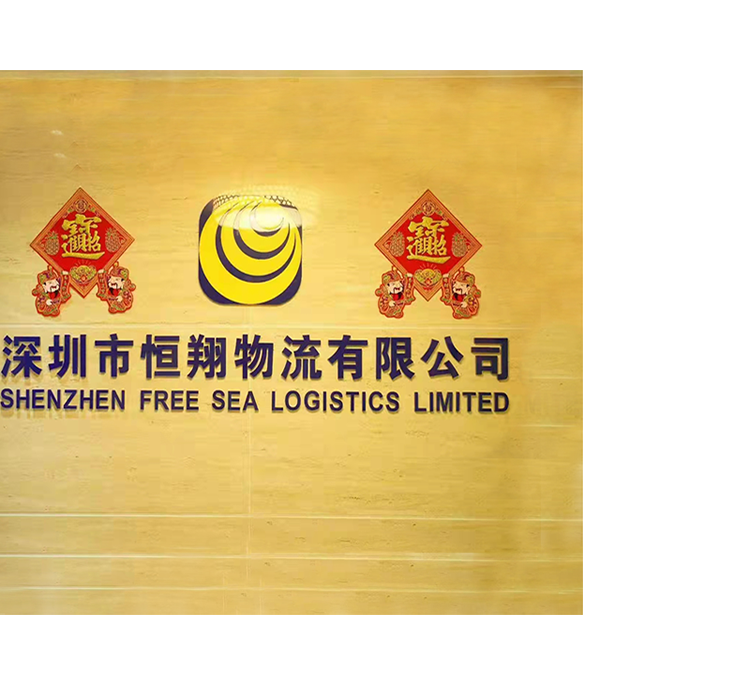In the process of international express delivery, in addition to the basic freight, there are often various additional fees involved.
Although these fees may seem insignificant, if you don't understand them clearly in advance, it is easy to encounter "unexpected" expenses during the delivery process, which is a headache.
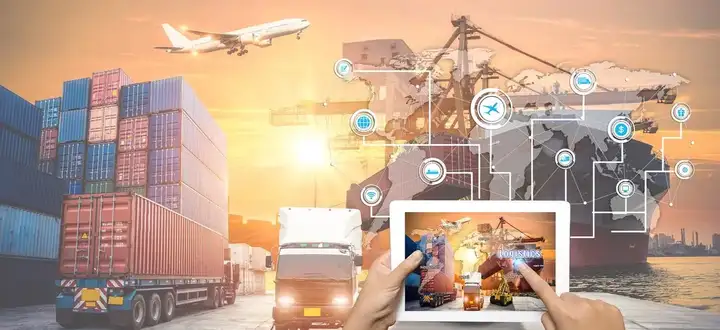
Therefore, before sending international express, it is particularly important to understand the types and causes of these additional fees. This article will explain in detail the common surcharges in international express, helping you to easily avoid the embarrassment of "stepping on thunder".
Surcharges
First of all, we need to understand what surcharges are? Will there be any? Who will collect them? These are basic questions.
Surcharges refer to additional fees that need to be paid for additional matters or specific services on the basis of the original main fees, which are officially stipulated and collected by international express delivery.
Of course, surcharges are not incurred on all routes, nor are they imposed for every mailing. Surcharges are only charged if certain restrictions are met on a certain mailing route.
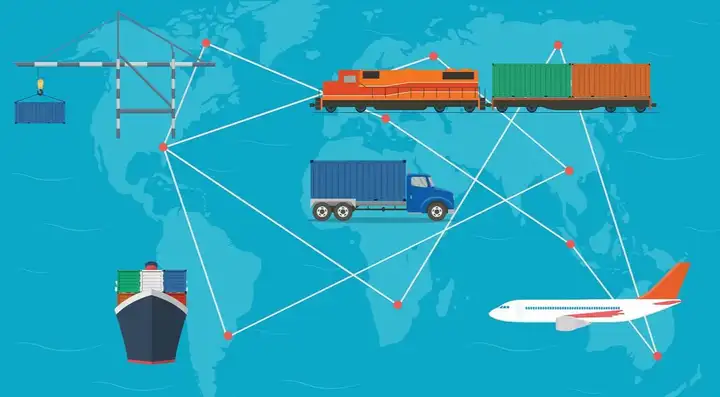
Common surcharges
1. Warehouse queuing fee
If there are too many goods and too few aircraft spaces, you need to book the space in advance. The warehouse queuing fee is the storage fee incurred when the package is waiting to be boarded.
2. Overweight and overlength fees
For a single package, if the weight or single/double/circumference exceeds a certain limit, some express routes will charge an overweight and overlength fee for each express shipment.
3. Remoteness Fee
When the destination or pickup location is in a remote area, some express routes will charge a remoteness fee for each express shipment.
Remote areas refer to islands and plateaus; or areas where postal services are not available; or suburbs/towns that are remote, inconvenient to transport, and have fewer services.
4. Fuel fee
Fuel fee is an additional fee added to the remoteness fee or over-length and overweight fee. It is generally not charged separately and is also charged by the airline.

5. Live-charge fee
When the parcel contains live-charged items, some express routes will charge a live-charge fee for each shipment.
For example, DHL charges a live-charge fee of RMB 30 for each shipment containing live-charged items.
6. Peak Season Surcharge
During the epidemic, passenger and cargo airlines have limited export cargo capacity. As domestic demand for export capacity has also grown rapidly.
Airlines charge temporary route adjustment fees for export cargo to control cargo volume and maintain a balance of capacity.
7. Delivery fee
Generally there are two types of delivery fees:
1. If the customer's address is in a remote area, a remote fee + fuel fee will be charged
2. Fees incurred for repeated delivery on some routes or delivery with a changed address
How to avoid pitfalls
There are many types of surcharges in international express delivery. The sender must understand the reasons and charging standards for each fee before sending the express.
Before placing an order, you must understand whether the items and routes you are sending include surcharges, so that you can avoid pitfalls as much as possible.
At the same time, it is also recommended that senders pay attention to the service quality and after-sales guarantee when choosing a courier company in addition to considering the price factor, so as to ensure that their rights and interests are fully protected.
Finally, if you still have questions that are unclear, or if you have any shipping needs, you can send us a private message~














